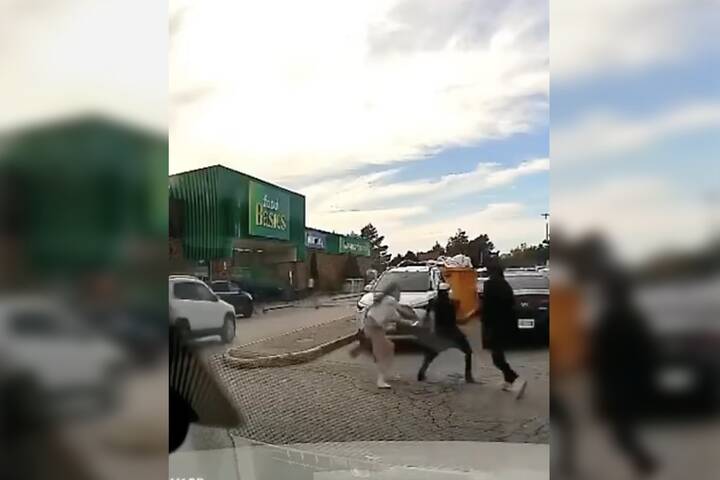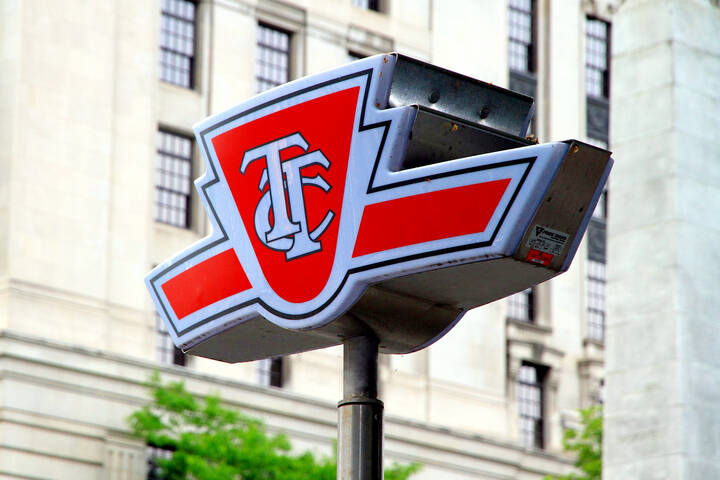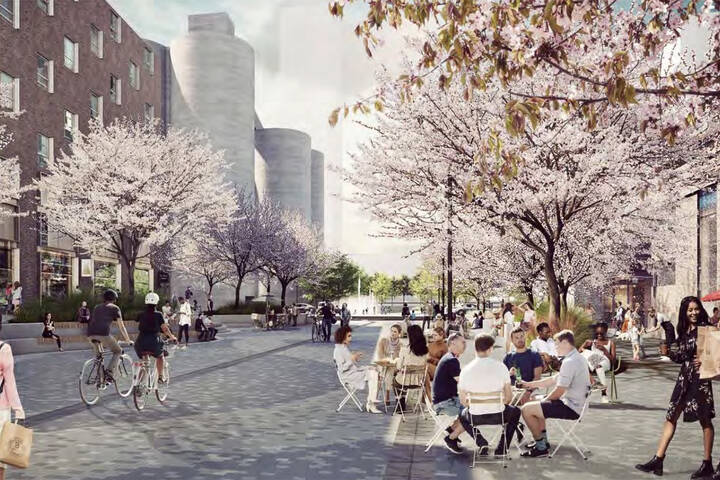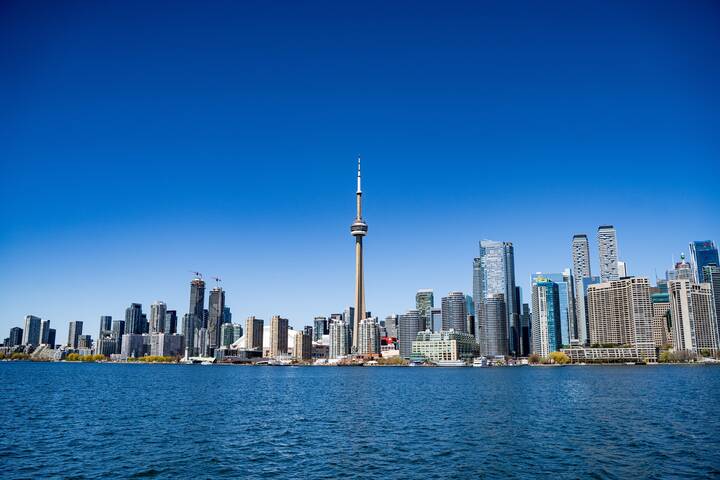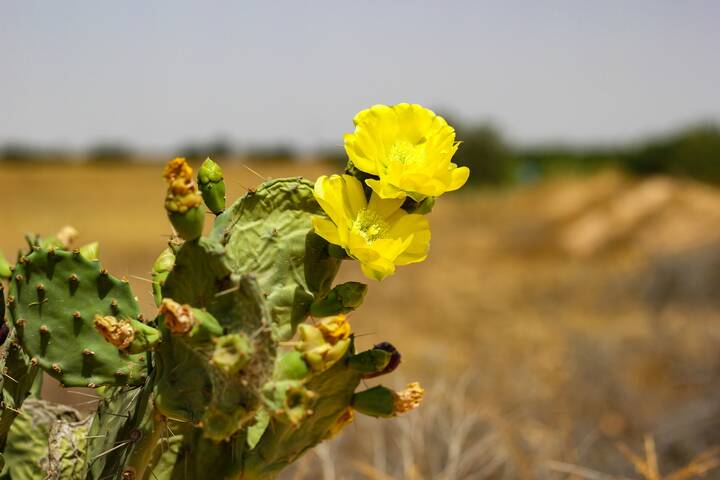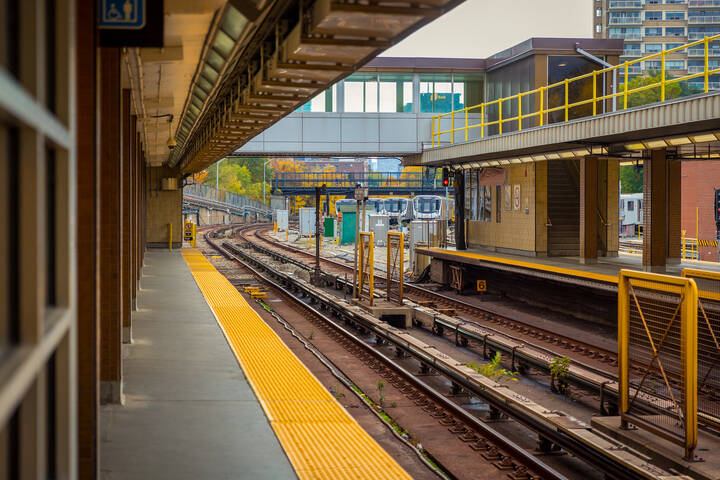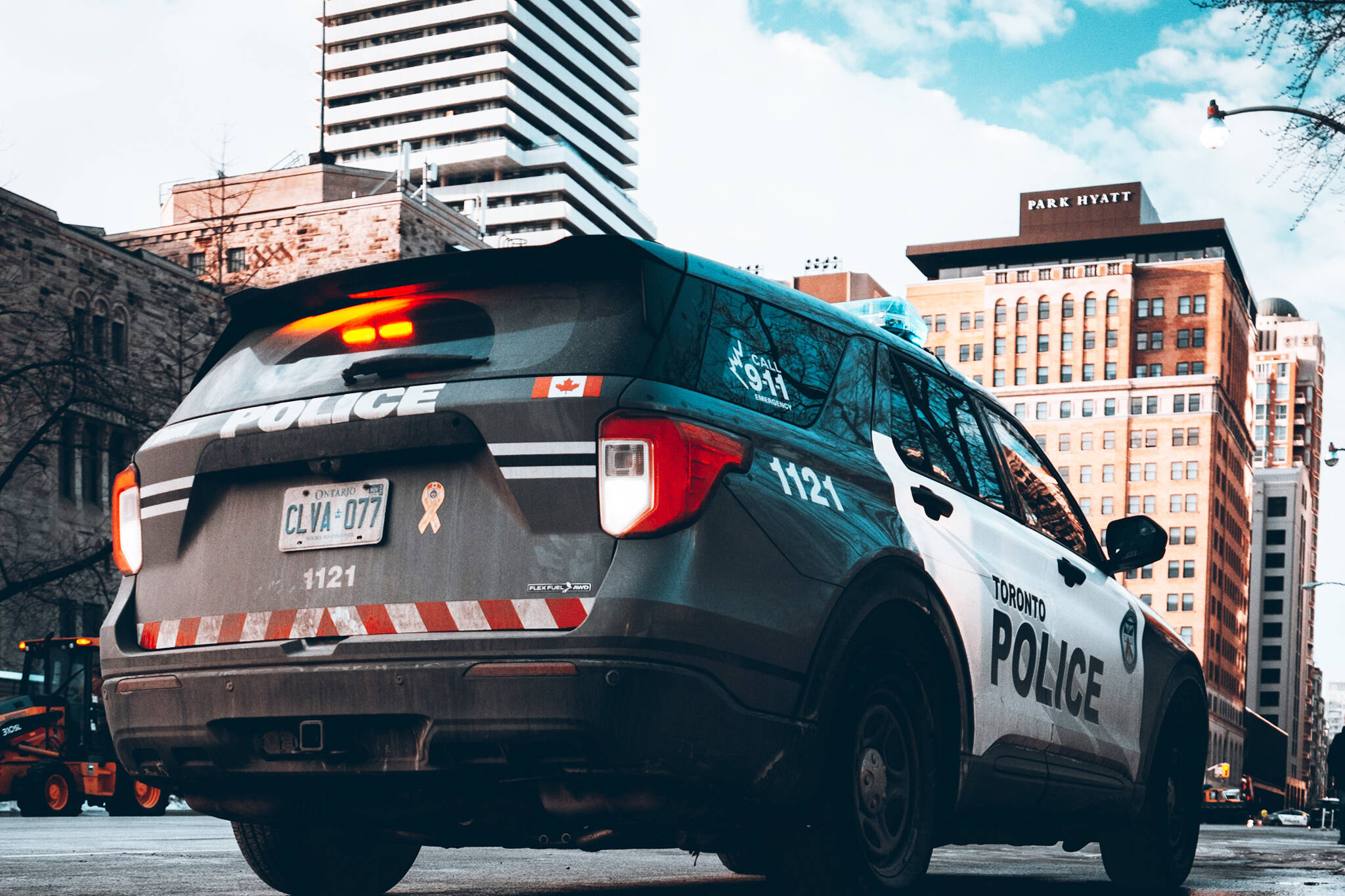
Here is the background on the carding class action lawsuit against Toronto police
Toronto Police are at the centre of a new class-action lawsuit that calls out the force's use of controversial "carding" policies, which were outlawed by the province in 2017 after extensive backlash.
The method of policing, often called "street checking," involves stopping and verifying the identification of members of the public at officers' own discretion. This obviously led to problems as certain individuals felt they were being stopped arbitrarily, and their communities, targeted.
(Investigations showed that people of colour were indeed stopped at a disproportionate rate compared to their white neighbours across all areas of the city.)
The legal action, launched this week against the Toronto Police Services Board and past and present police chiefs, claims that these stops contravene both the Canadian Charter of Rights and Freedoms, and the Ontario Human Rights Code of those affected.
It also claims that the practice still continues in other ways, though authorities are no longer permitted to stop people randomly.
"Carding has caused widespread harm, including damage to the plaintiff’s and class members’ mental and physical integrity, their privacy and their livelihoods," the 47-page claim reads.
"While the police have a statutory and common law duty to investigate crime, they are not empowered to undertake any and all action in the exercise of that duty."
The suit comes from the Black Legal Action Centre (BLAC) on behalf of any Black, First Nations, Inuit and Métis people stopped from 2011 onward without reason. It is led by representative plaintiff Ayaan Farah, who lost her job out of Toronto Pearson International Airport due to a police interaction in which her information was taken, though she claims she did not do anything wrong.
Her security clearance, necessary for her position, was later rescinded due to her being "known to police."
"Like so many members of the proposed class, carding was a nightmare experience for Ms. Farah that had far-reaching consequences... it has made members of the Black and Indigenous communities fearful to walk down the street; made them feel like criminals because of their racial or ethnic identity; and made them feel like second-class citizens, denied the right to live their lives without baseless police interference," BLAC writes.
Reactions to the news has been somewhat divided, with many residents vocally opposed to the use of such practices that are perceived to be highly discriminatory, while others argue that crime has escalated since random stops ended. Political tensions online are naturally very heightened among those commenting on the matter.
Latest Videos
Latest Videos
Join the conversation Load comments
